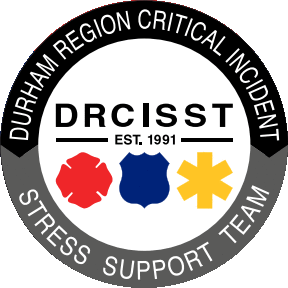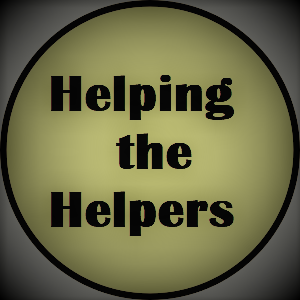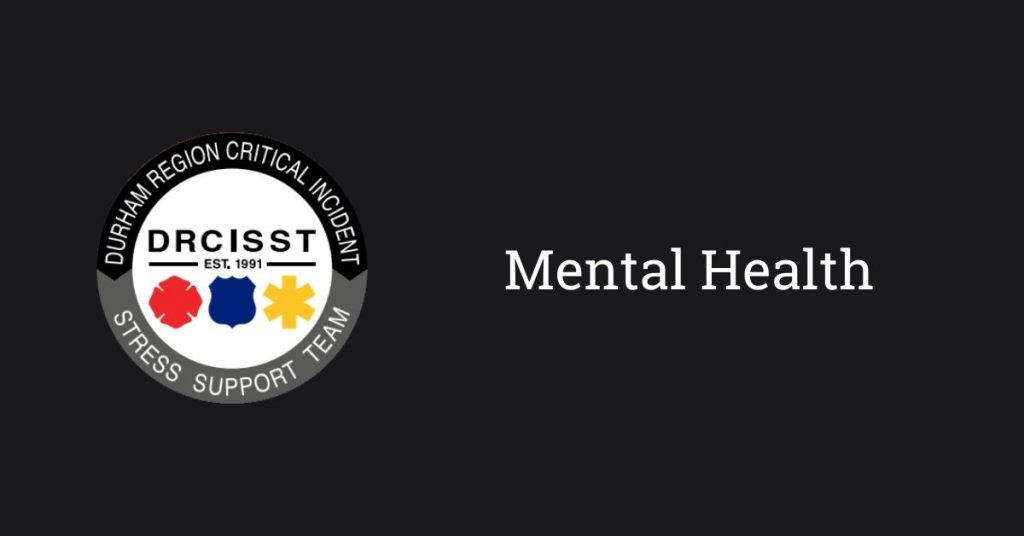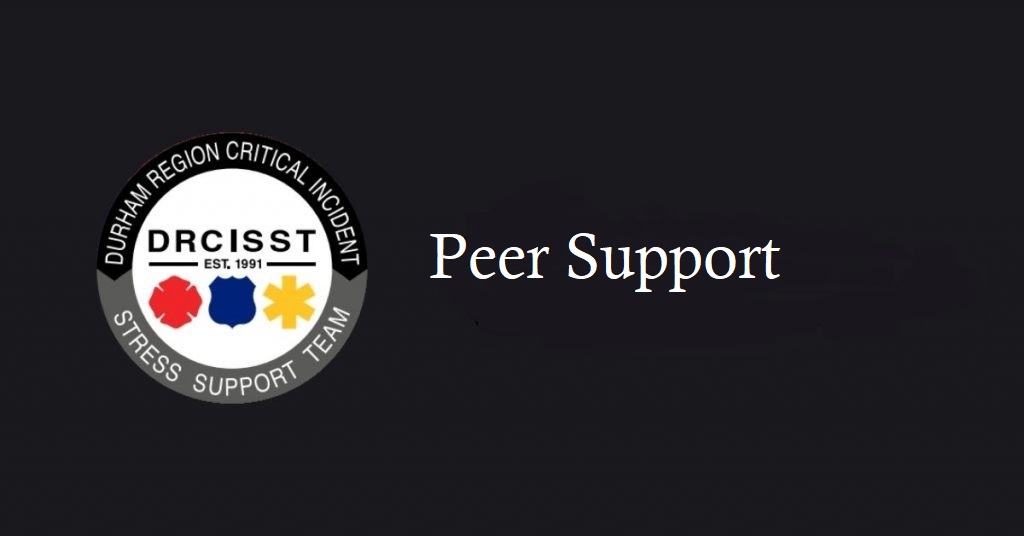It is important to cut down cortisol levels in your body. Why? Because when your body’s stress response is activated, your body’s cortisol levels rise to higher-than-normal levels, and this makes you crave sweet and salty foods more than you normally would. Because these tend to be the foods that throw off a good diet–chips, cookies, etc.–if you can stop the cravings before they start, you’re ahead of the game!
There are several ways in which stress can contribute to weight gain. One has to do with cortisol, a stress hormone. When we’re under stress, the fight or flight response is triggered in our bodies, leading to the release of various hormones.
Whether we’re stressed because of constant, crazy demands at work or we’re really in danger, our bodies respond like we’re about to be harmed and need to fight for our lives (or run like heck). To answer this need, we experience a burst of energy, shifts in metabolism and blood flow, and other changes.
If you remain in this state for a prolonged amount of time due to chronic stress, your health becomes at risk. Aside from a host of other dangers, chronic stress can also cause weight gain — which is why some products like Cortislim are marketed as diet aids.
Chronic stress and cortisol can contribute to weight gain in the following ways:
Metabolism — Do you feel like you’re prone to putting on more weight when you’re stressed, even if you’re eating the same amount of food as you always have? Too much cortisol can slow your metabolism, causing more weight gain than you would normally experience. This also makes dieting more difficult.
Cravings — OK, you’re stressed. Do you reach for a nice salad or a pint of Ben & Jerry’s? I’ll bet on the latter. People experiencing chronic stress tend to crave more fatty, salty and sugary foods. This includes sweets, processed food and other things that aren’t as good for you. These foods are typically less healthy and lead to increased weight gain.
Blood Sugar — Prolonged stress can alter your blood sugar levels, causing mood swings, fatigue, and conditions like hyperglycemia. Too much stress has even been linked to metabolic syndrome, a cluster of health concerns that can lead to greater health problems, like heart attacks and diabetes.
Fat Storage — Excessive stress even affects where we tend to store fat. Higher levels of stress are linked to greater levels of abdominal fat. Unfortunately, abdominal fat is not only aesthetically undesirable; it’s linked with greater health risks than fat stored in other areas of the body.
Stress and weight gain are connected in other ways:
Emotional Eating — Increased levels of cortisol can not only make you crave unhealthy food, but excess nervous energy can often cause you to eat more than you normally would. How many times have you found yourself scouring the kitchen for a snack, or absently munching on junk food when you’re stressed, but not really hungry? More on what causes emotional eating.
Fast Food — Experts believe that one of the big reasons we’re seeing more obesity in our society these days is that people are too stressed and busy to make healthy dinners at home, often opting to get fast food a the nearest drive-thru instead.
Too Busy to Exercise — With all the demands on your schedule, exercise may be one of the last things on your to-do list. If so, you’re not alone. We live a more sedentary lifestyle than we have in past generations, yet our minds seem to be racing from everything we have to do. Unfortunately, from sitting in traffic, clocking hours at our desks, and plopping in front of the TV in exhaustion at the end of the day, exercise often goes by the wayside. We have a gym right in our workplace – use it!
Fortunately, there are things you can do to reverse the pattern of weight gain and actually reduce your stress level and waistline at the same time.
So what are some ways you can calm down quickly when feeling stressed or overwhelmed?
The following are five quick and easy ways to regain your calm so you can deal with whatever situations are at hand:
Take a Walk
Exercise can be a great stress reliever in itself, as it helps you blow off steam and releases endorphins. Taking a walk when stressed can bring you the benefits of exercise–both short-term and long-term, and it provides the bonus of getting you out of the stressful situation. This can provide you with some perspective so you can return in a new frame of mind. Walking with a good friend can be a nice way to find social support, and walking alone can provide you with some time to think, reframe, and return with a more optimistic frame of mind.
Take a Breath
If you’re not in a position to leave, you can feel better right away by practicing breathing exercises. Getting more oxygen into your body and releasing physical tension are two ways that breathing exercises can benefit you, and you can do them anytime or anywhere, even if your demanding situation isn’t letting up.
Take a Mental Break
If you can steal away a few minutes of peace, visualizations and guided imagery are a wonderful way to restore peace of mind. They’re easy to do, and can relax you physically as well as mentally. With practice, you can easily access your “happy place” and quickly feel calmer when stressed.
Reframe Your Situation
Sometimes we intensify our experience of stressful situations by the way we look at them. If you can look at your situation differently, you may be able to put it into a different perspective–one that causes you less stress!
Progressive Muscle Relaxation
Progressive Muscle Relaxation (PMR) is a technique where you tense and release all of your muscle groups, leaving your body feel more relaxed afterward. PMR is one of my favorite techniques, as it can be done by just about anyone, and with practice you can fully release virtually all the tension you’re feeling in your body in a matter of seconds! This can help you feel calmer and better able to handle the situations at hand.
Once you’ve been able to calm down, you should be in a better position to address whatever stressful situations you’re experiencing. It’s also a good idea to adopt a few regular stress relievers and healthy lifestyle habits so that you can reduce your overall stress level so that you experience less stress and are less bothered by the stressful situations you do encounter.





